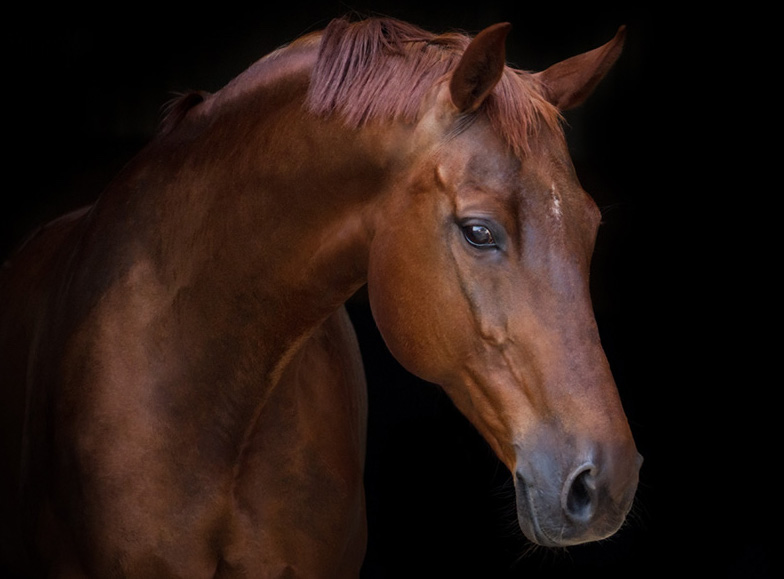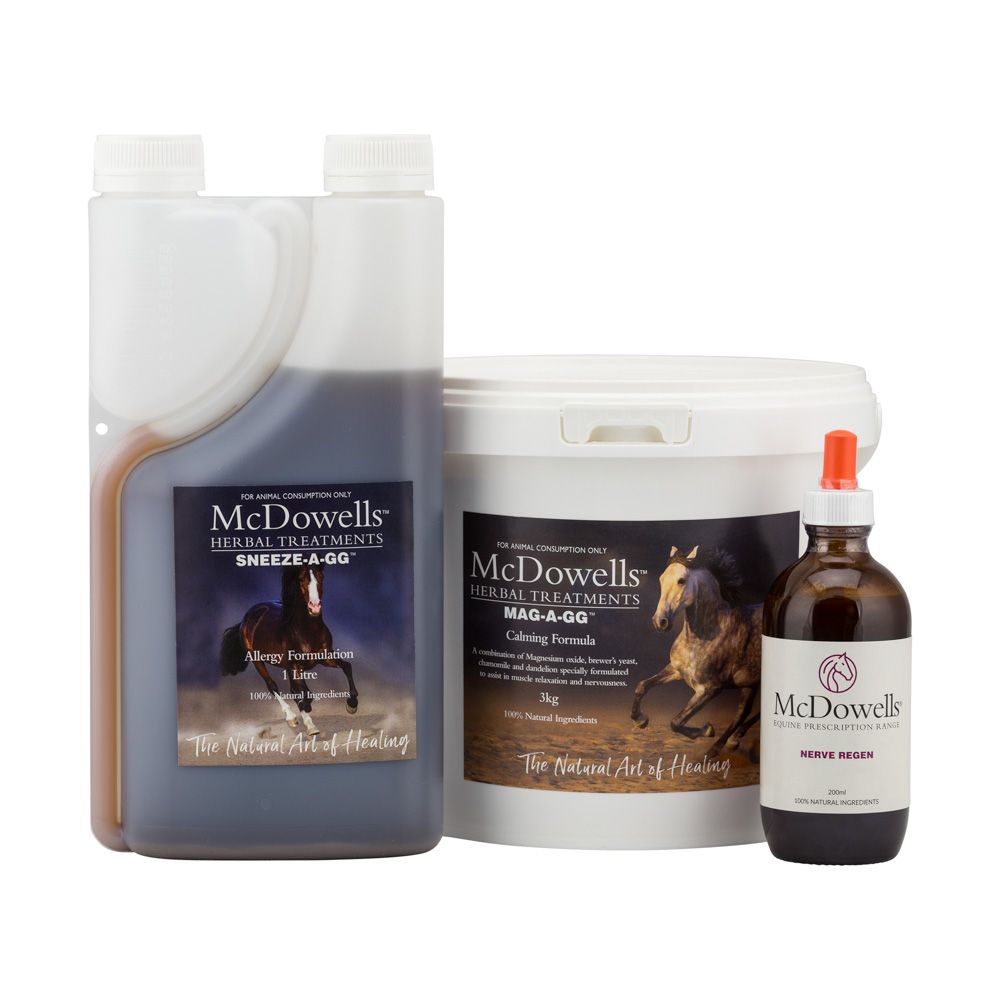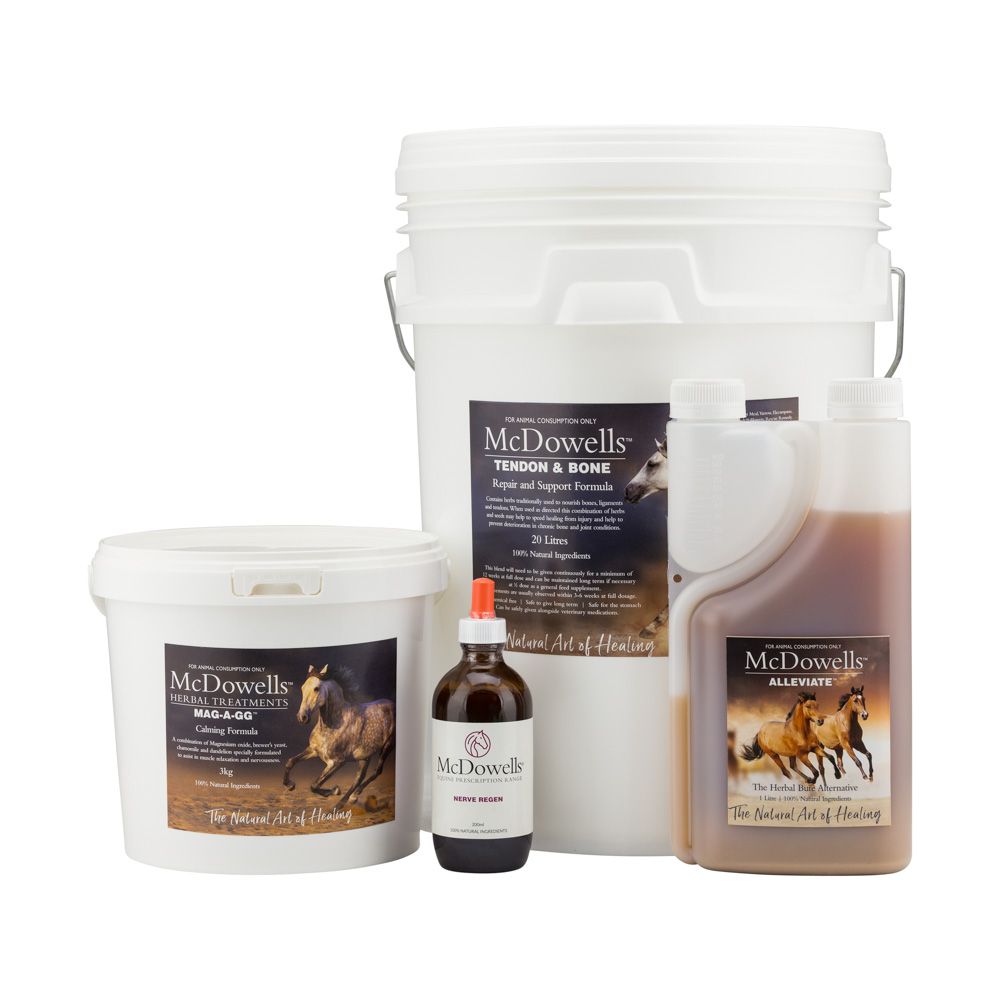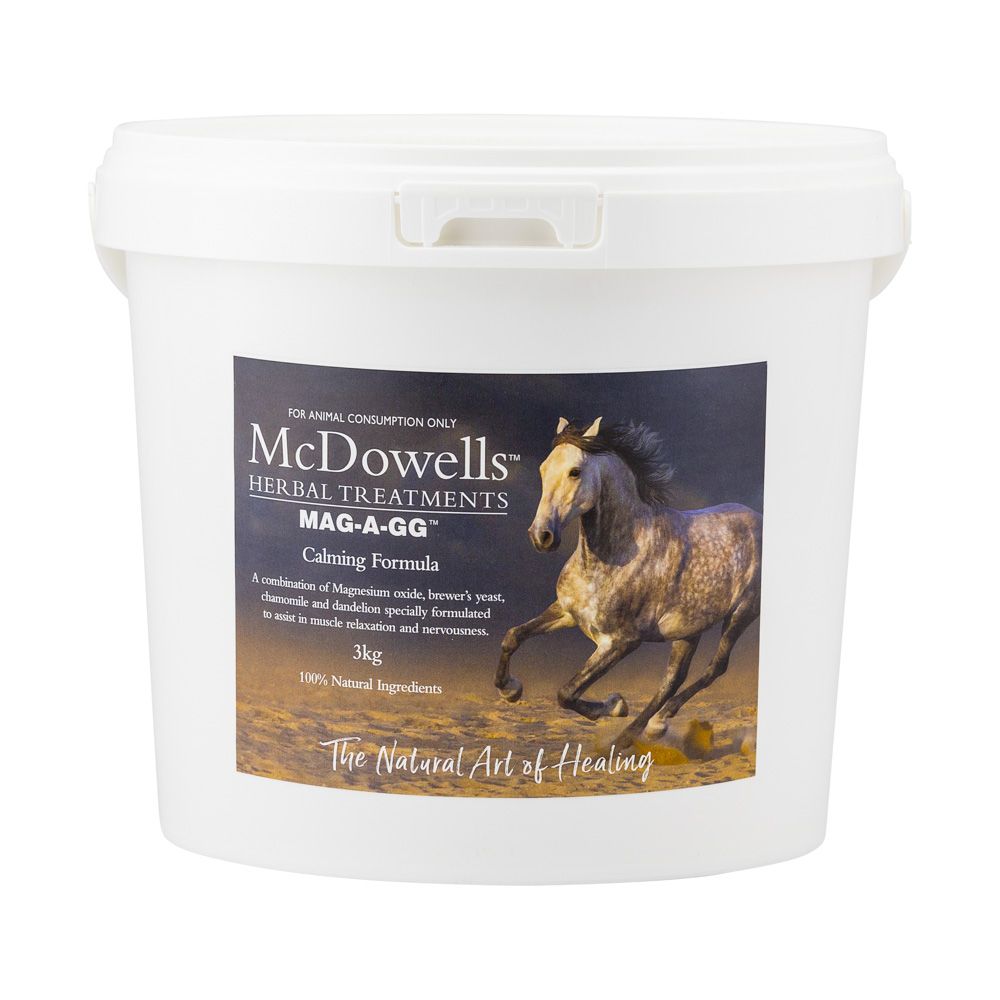Some head-shaking behaviour in horses is normal. Trigeminal-mediated head-shaking is a little-understood neuropathic facial condition of the horse. The condition may affect around 1% of the equine population to a degree of severity sufficient to require veterinary attention(1).

Head-shaking is thought to be multifactorial - Trigeminal Nerve inflammation or damage, uveitis and/or allergy. Some horses will show symptoms in spring and summer that disappear in winter months. Many cases are made worse with exercise or riding.
Signs of head-shaking syndrome:
- Repetitive, involuntary up-and-down nodding movement
- Twitching lips
- Scratching or rubbing of the nose and muzzle on objects vigorously and incessantly
- Constant rubbing the nose on front legs or striking at the nose with forelegs
- Seeking unusual places for shade such as hiding the head in buckets or barrels to block light
- Flip the head in reaction to wind, movement and stress
- Nose blowing, snorting and coughing
Where the headshaking is any or all of frequent, violent, accompanied by flicks or jerks of the head, accompanied by signs of nasal irritation (such as snorting, sneezing, hitting or rubbing the nose), accompanied by signs of distress, or affects riding or handling the horse, then a pathological process must be considered. However, where shaking was such that referral veterinary advice was required, there was a 98% chance that no physical cause could be determined, leading to a diagnosis of idiopathic headshaking.
Conditions which can cause headshaking may include:
- Ear mite infestation
- Otitis interna
- Cranial nerve dysfunction
- Cervical injury
- Ocular disease
- Guttural pouch mycosis
- Dental periapical osteitis
- Protozoal myeloencephalitis
- Sinusitis
- behavioral or rider issue.
As a main cause of headshaking is hypersensitization of the trigeminal nerve, anything to reduce or calm the firing of this nerve may be beneficial. Sunlight seems to be a trigger and using a 90% UV blocking mask and keeping the horse in a dark area during the day can be useful. A lighter mask or nose net while riding, and exercising an affected horse in an indoor arena may help to reduce nerve stimulation and headshaking signs (1).
Headshakers can be more sensitive to insects. Using fly sprays and sheets to repel bugs may be useful. Try Midge-Away
Magnesium is an electrolyte that can have a calming effect and may help reduce hypersensitivity of the trigeminal nerve. McDowells Mag-A-GG could assist.
Some owners have also had good results with chiropractic or acupuncture therapies, focused on the cranial sacral area.
References
(1) Trigeminal-mediated headshaking in horses: prevalence, impact, and management strategies
https://www.dovepress.com/trigeminal-mediated-headshaking-in-horses-prevalence-impact-and-manage-peer-reviewed-fulltext-article-VMRR#reft19
(2) Get a Grip on Headshaking Syndrome. Leslie Threkeld
https://practicalhorsemanmag.com/health-archive/get-a-grip-on-headshaking-syndrome




